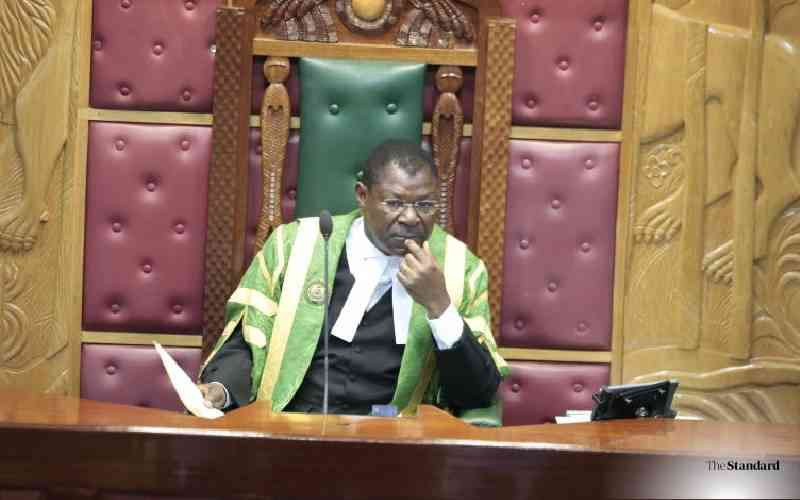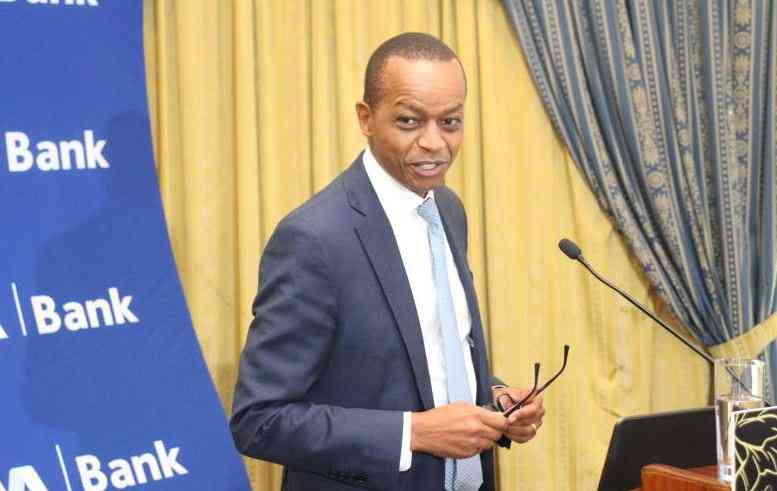While Valetine’s Day was a big celebration the world over, perhaps an even bigger day for Kenyans – and some African countries by extension – was the 15th of February, when the new chair of the African Union Commission was elected in Addis Ababa, Ethiopia.
Many Kenyans expressed their outright desire to see Raila Odinga lose his bid for the AUC chairmanship, and their wish was granted on that day.
Although the rejection of Raila at home might have been surprising for the rest of the continent, locally the reasoning is quite clear. Online as well as in public discourse, it was largely agreed that Raila was not deserving of the seat at AUC. The timeline of events leading up to his name being fronted for the position could not have been more damning.
With the uprising last year caused by the disgruntlement that many were feeling over the ever rising cost of living without concomitant jobs and wages, Raila was considered by many as being on the side of the resistance. Indeed, many were banking on him to be at the forefront of the revolution, having analysed his past actions and recalling that he always stands with the people.
However, this view of Raila was at best dubiously optimistic. In 2023, during the Njaa Revolution, Kenyans stepped out in droves on the streets, sufurias and mwikos in hand, to protest that they had nothing to eat, as the price of many basic commodities was far too high. At the time, Raila led the charge, organizing protests week after week.
What was confusing to many was that, as they decried the high cost of living, Raila would frequently rise up to express his own separate grievances, demanding that the IEBC servers be opened and the 2022 national election votes be recounted, even though the Supreme Court had adjudged that he had lost fair and square.
And so, once the youth of the country in 2024 rose up of their own volition to demand that the terrible living conditions not be made worse by means of a draconian Finance Bill, Raila’s joining the movement was looked at with cautious optimism. Rightly so, as he once again used the moment to ask that the servers be opened.
It was a disappointment for the youth, particularly because so many lives were lost in the process, whilst Raila remained both unharmed and singular in his demands. That he did not speak up for the youth as they were murdered in droves through police violence was the final straw for many.
As well, it was viewed locally that the nomination to the AUC was a way for Raila to be taken out of the local political arena, thereby providing the government with the peace and quiet to do as it wished.
Many believed that the view of the government was that making Raila the chair of the AUC would placate him, giving him the sort of leadership seat that he has craved for decades.
Raila, too, was eager to take up the seat once the nomination was offered to him, a move that was concluded by many as a sign that the person they had looked up to lead the call for liberation had clearly chosen the side of the oppressor.
Once these local sentiments picked up legs and went regional, they were picked up quickly by voices sentimental to the plight of the Kenyan populace. Media houses across the continent began to report on the disquiet within Kenyan borders at the AUC Chair nomination. Kenyans online, too, put up a spirited fight, sending e-mails and tweets to leaders across the continent urging them not to vote for Raila.
Perhaps none of these factors were the reason behind the death knell that was sounded for Raila’s bid. After all, geopolitics and diplomacy are not run solely on the whims of local politics. However, several other factors seemed to have made things more difficult for Kenya.
That the President would reach out to President Emmanuel Macron of France to deal with the question of the Congo, whilst the rest of the Francophone world is working arduously to free itself from the shackles of neocolonialism, would certainly have painted Kenya in a bad light.
The Kenyan government also seems to align itself with Israel, at a time when the plight of Palestinians is at the forefront of many countries, particularly within the Muslim world.
Did Kenya then waste millions of taxpayers money running a bid that was dead on arrival? Perhaps so, but for now sounds of jubilation continue to ring across the country, as a loss for Raila is viewed as a small but mighty win for the revolution.
 The Standard Group Plc is a multi-media organization with investments in media
platforms spanning newspaper print operations, television, radio broadcasting,
digital and online services. The Standard Group is recognized as a leading
multi-media house in Kenya with a key influence in matters of national and
international interest.
The Standard Group Plc is a multi-media organization with investments in media
platforms spanning newspaper print operations, television, radio broadcasting,
digital and online services. The Standard Group is recognized as a leading
multi-media house in Kenya with a key influence in matters of national and
international interest.
 The Standard Group Plc is a multi-media organization with investments in media
platforms spanning newspaper print operations, television, radio broadcasting,
digital and online services. The Standard Group is recognized as a leading
multi-media house in Kenya with a key influence in matters of national and
international interest.
The Standard Group Plc is a multi-media organization with investments in media
platforms spanning newspaper print operations, television, radio broadcasting,
digital and online services. The Standard Group is recognized as a leading
multi-media house in Kenya with a key influence in matters of national and
international interest.











